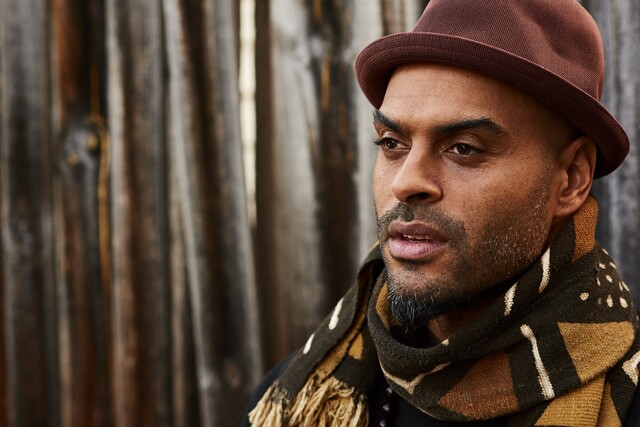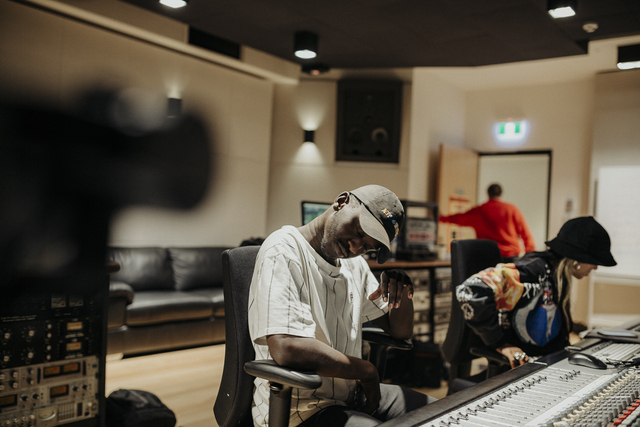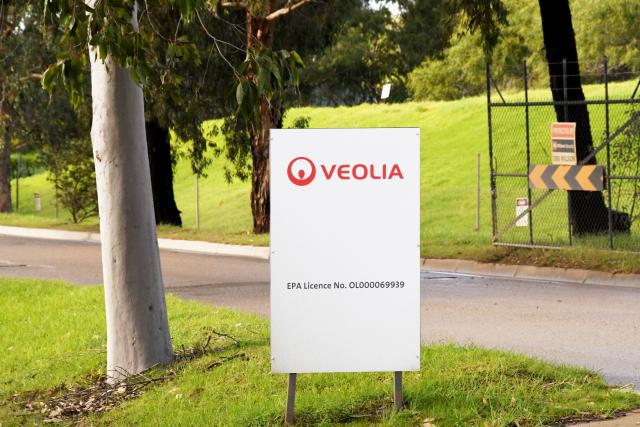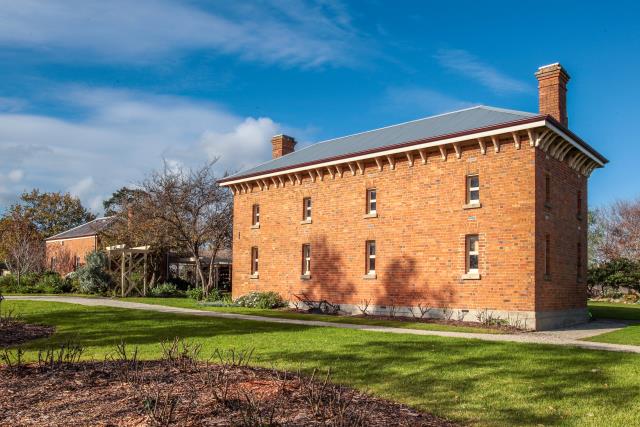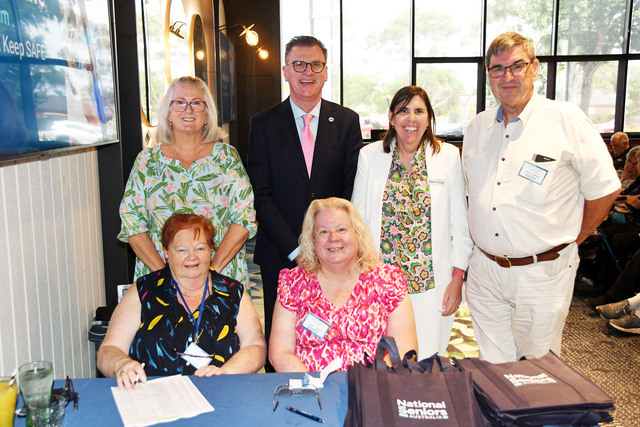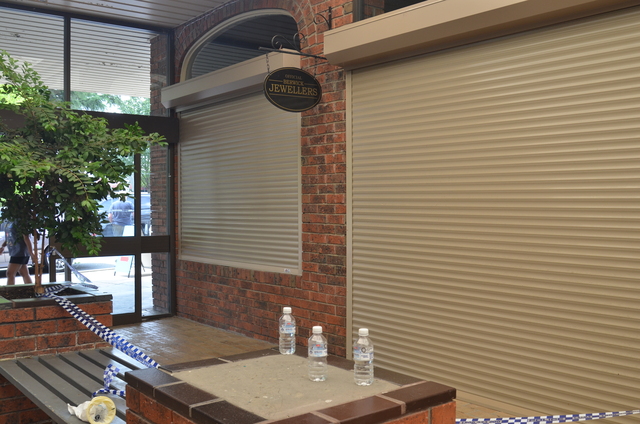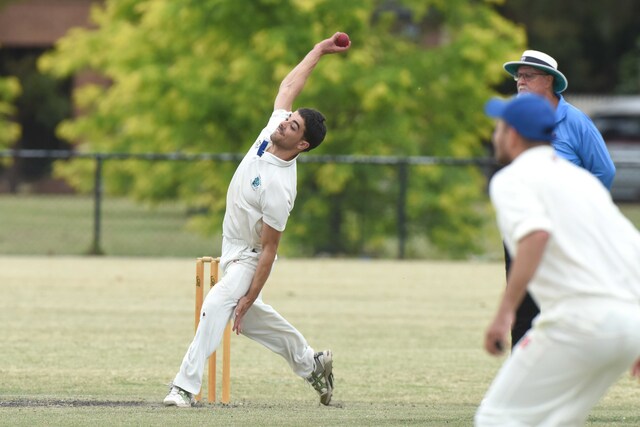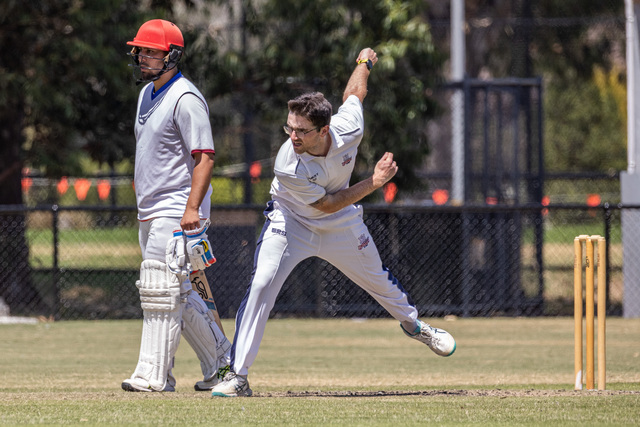Local and aspiring artists have the chance to foster their talent and growth as GRID Series looks to open up four slots for its free South-East Melbourne Program in the City of Casey.
An artist development program that focuses on supporting outer suburban emerging musicians, such as those in Casey, GRID looks to provide platforms for music development, mentorship, documentary filmmaking and live performances.
N’fa Forster-Jones, better known as N’fa Jones and for his long list of works in the Australian hip hop scene, is one of GRID’s program managers and is more than keen to be a part of the journey.
“I am super excited, and this is what it’s all about; I was one of those people once, trying to find my way and figure out how to be an artist, looking for opportunities and connections into the industry,” he said.
“When I was young, I grew up in a real outer-suburban park of Western Australia, in Perth, so moving to Melbourne, I tried to find that connection and community.
“So I really love that we can go to these local communities, these areas, these neighbourhoods, and help find and foster some awesome talents.”
GRID looks to provide the four artists with six months and a chance to record a fully produced track with renowned producers Alice Ivy, UNO Stereo and Sensible J, as well as one-on-one mentorship with Jones himself, as well as Hanna Fox, the co-artistic director of Rising Festival.
Expressions of interest opened in April and remain so until 9 June, with Jones encouraging anyone who is interested to fill out the form, since “it might work out and it doesn’t, you’re still on the radar”.
Building on these skills, those chosen will also partake in a short documentary film that profiles each artist, as well as live performance opportunities across Casey.
Jones was one of the co-founders and the frontman of 1200 Techniques, a homebrewed Australian rap group that was pivotal to bringing the genre to the limelight in the early 2000s, with their hit single Karma ranking fourth in Triple J’s Hottest 100, and their album Choose One winning two ARIA Awards.
While the group was short-lived, going into hiatus roughly around 2005, it allowed members to pursue their personal journeys, with Jones launching his solo career with the album Cause An Effect.
In 2011, he adopted the moniker N’fa Jones and released his EP Babylondon; then in 2018, he co-founded Cool Out Sun, an Afro-funk and hip hop group known for its cultural musical fusion and socially conscious outlook.
Speaking on this experience, and his longevity in the field of music, he said that “it’s important for artists who are on the way up to feel like it’s actually tangible”.
“That it’s real people and they exist, versus just maybe seeing people from a distance and wondering how things work.
“But it’s also about having information on you know, pitfalls as well as the potential right steps.
“I think it’s really good to have information from people who’ve had both success and mistakes, because they can tell you where the mistakes were made, and where the success was,” he said.
Jones recalled that when he was younger, he felt that he needed to be the “first to do everything”, even sometimes not realising that those steps had already been made.
“I think you need people who have been through difficulties and obstacles to help you move forward, because they understand,” he said.
GRID’s focus is not music alone, but also other factors, as mentioned, that revolve around the making of and curating of music; factors that, if delivered with music simultaneously, can alleviate or completely alter its impact.
According to Jones, these aspects are just as important as pouring effort into a song, and that a multi-faceted approach can add to an artist’s forte.
“It’s approached in a high-end independent way, and while it doesn’t always happen, when it does happen to some artists, they can take this release of music and potentially move into a more, let’s say, pop culture environment,” he said.
“That’s the kind of goal here at GRID: to help nurture what people are about and what they’re doing, not tell them what to do, but help them grow.”
Jones knew of GRID and its work for some time, but only recently joined the team in 2024.
When asked what drew him to the group, he said that it was because he was “inspired”.
“I was inspired by what it is, what it’s trying to do, it’s just so well thought out and holistic,” he said.
Speaking about the founder of GRID, Arik Blum, he recalled the journey of becoming a producer, setting up in Melbourne and experiencing the lack of traffic that his role received.
“Arik noticed there were only certain people who could come to the studio, since they basically had to come from money to be able to work, since he couldn’t give his time for free,” Jones said.
“So he was like, I can’t work with some of these interesting and edgy artists, how do I get access to them, and how do I give them something in return?
“So, that was the idea that built this, to be able to give opportunities to people who just can’t.”
For Jones, he took part in GRID because he saw a vision that gave those aspiring artists a chance to develop and hone their craft, to find their identity in the medium that they love.
Despite his escapades and his decorated career, he said that there are still career successes with music that he longs to have, and at the same time, understands the struggle that many like him, especially those who are aspiring, encounter when it comes to breaking through.
“It’s sort of like asking a young athlete how to move forward, obviously you’ve got to take the steps,” Jones said.
“You’ve got to believe, and then there’s the element of understanding what you do, to get yourself that inch and fraction ahead.
“For a hundred metre run, everyone trains for that, but for example, one person might know how to lift their foot better, or certain little things like that.
“But at the end of the day, you need to love running, so whether you succeed or not, you’re enjoying it.”
According to Jones, the passion for the craft is what stands out the most, working in tandem with honesty with oneself, and a clear vision of what success would look like down the road.
“If you could do it any way you wanted, what would it look like? What would it sound like?” he said.
“Once you see that, stick to that idea, create your ideals, create your intention and work off that so that at the end of the day, no matter what happens, you’re happy with how you did it.”

